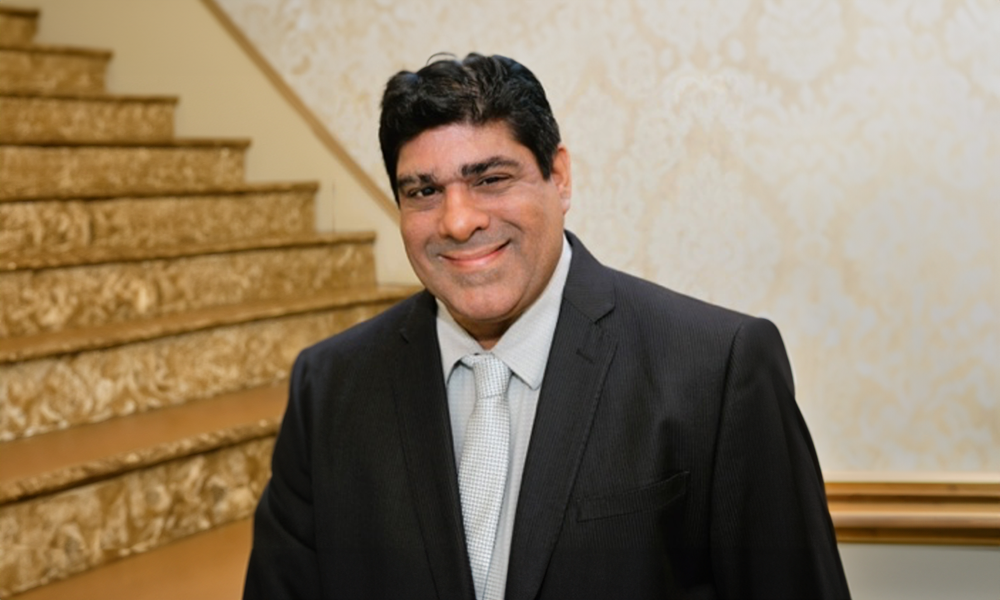Twelve Western New England University psychology students had the opportunity to conduct research projects during the fall semester, and present their findings at the Psychology Research Poster gathering. The students were able to discuss their research finding and answer questions from the faculty and students who attended.
“Because Psychology is defined as the Science of Behavior, we teach our students how to conduct fundamental and applied research on a variety of human behaviors,” explained Psychology Professor Dennis Kolodziejski. “Although scientific research is a very demanding discipline, it can be illuminating, exciting, and even fun. After a semester of hard work to produce reliable data, our students emerge smarter, more confident, more eloquent, and with a genuine sense of fulfillment.”
The research projects conducted by students ranged from; gender stereotyping jobs, parental teaching methods, implicit attitudes toward police officers, reinforcing behaviors in children, and more.
“My research was a rich learning experience that took me well beyond the classroom, and gave me experience that no other class has thus far,” said junior Matthew Petrizzi.
“The research I conducted gave me the opportunity to learn about, observe, and participate in evidence-based practices to improve behavior problems in young children,” said senior Veronica Fernandes. “This experience has inspired me to get an internship at New England Center for Children and become interested in pursuing a career in Applied Behavior Analysis.”
Many graduates from the Western New England University Department of Psychology go directly onto graduate schools due to the research experience they receive, and the mentoring they receive from psychology faculty.
“My research experiences have truly helped me find the right path for my future in psychology, especially as I’m starting to apply to clinical psychology doctoral programs,” explained senior Amanda Gagnon.
"From early conceptualization and conducting research, to assessing and presenting empirical findings, our students work closely with our faculty on relevant research topics, focused on pressing issues facing human-kind,” remarked Associate Professor Jason Seacat. “The hands-on exposure to research is one of many things about our program that sets our students apart when applying to graduate schools and seeking employment."
View photos of the students with their posters.





